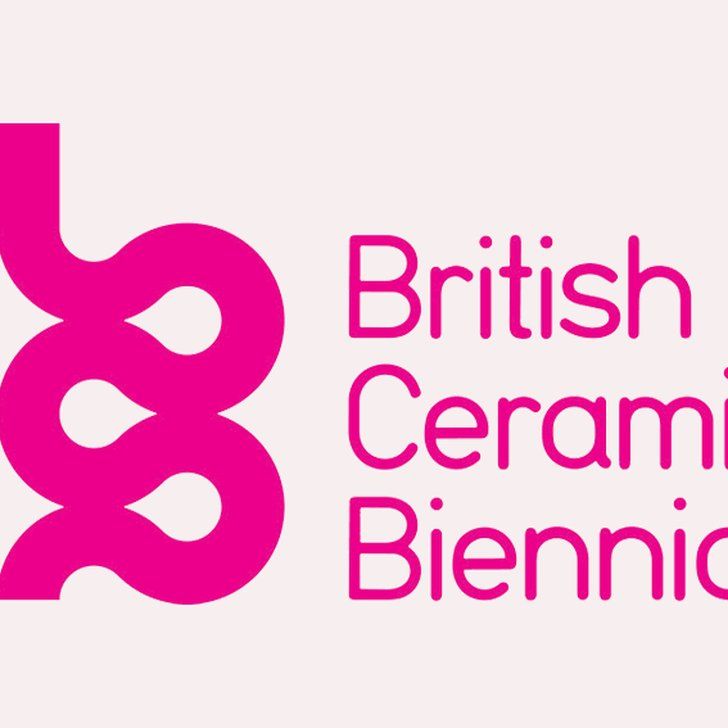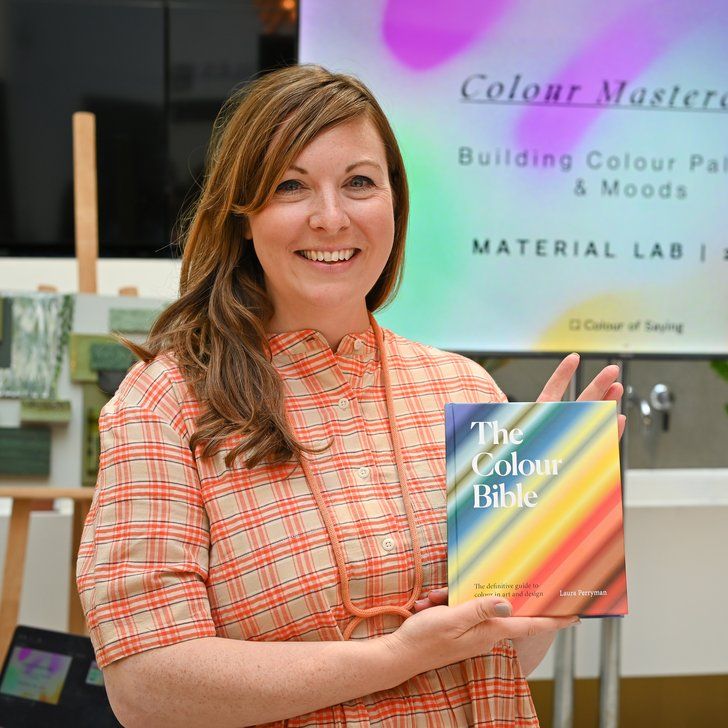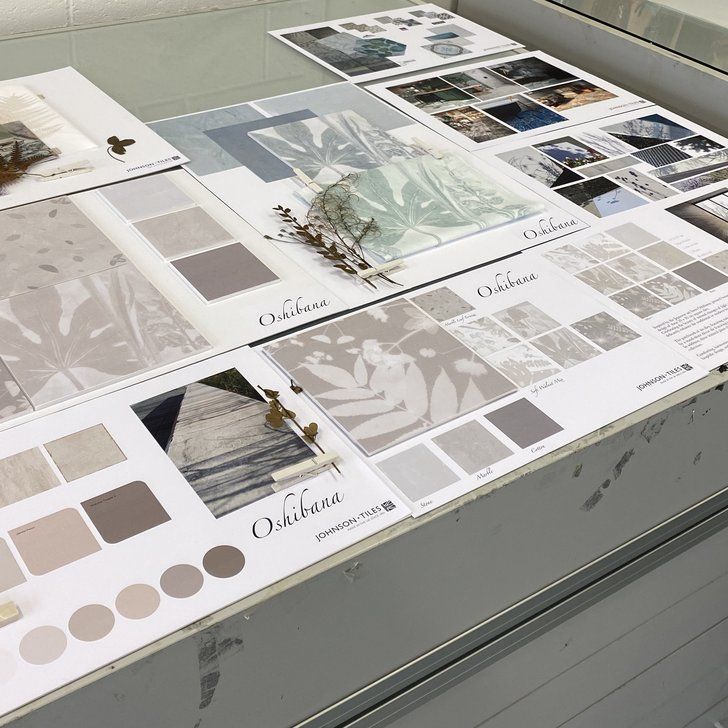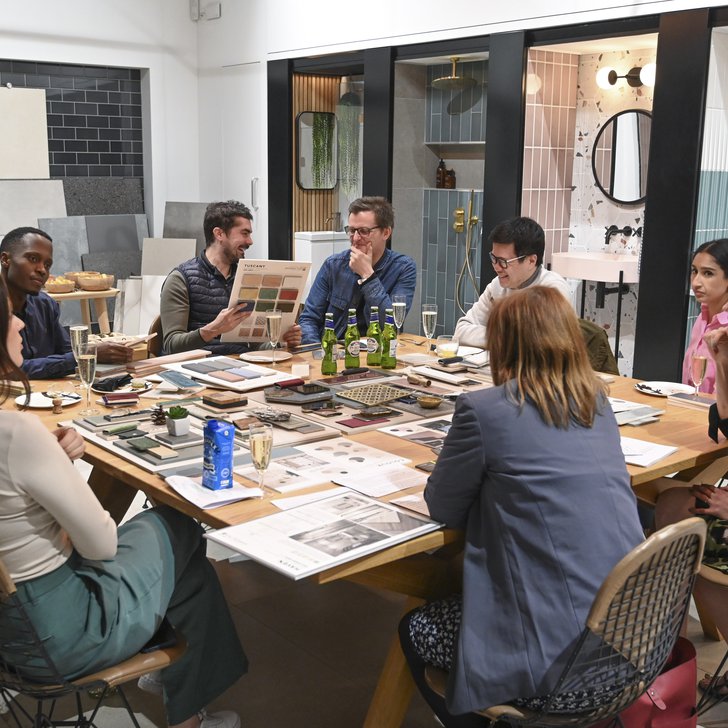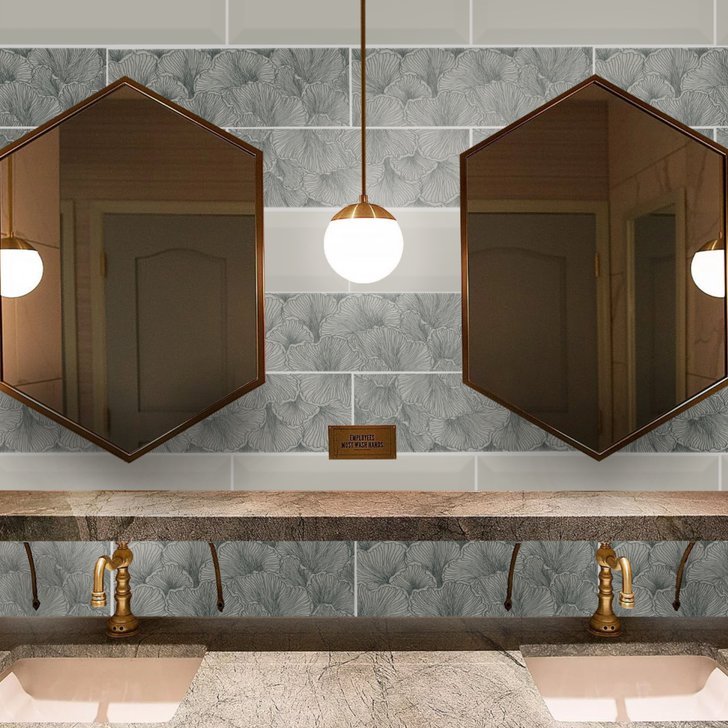Turning a shell of an idea into a sustainable business model
In our new ‘making it’ blog series we’re inviting three commercial interiors representatives to reflect on the bold steps they’ve taken to ‘Make it. Sustainable’. Here, Lay Koon Tan, the co-founder of ethical brand, Nature Squared, talks us through what it took to stand by her mission of supporting craftspeople, fishermen and farmers in developing nations and unstable industries.
Like Johnson Tiles, Lay Koon Tan’s mission to make a sustainable impact started 20 years earlier. Before environmental concerns were considered mainstream and certainly before there was broader recognition of how intrinsically social impact is tied into the whole sustainability piece. Still, she set about creating demand for a product that simply wasn’t there at the time. Leaving the bright lights of a finance job in the City to pursue - what most would have perceived - an impossible dream.
You can watch Deezen’s editor-in-chief, Marcus Fairs, and Lay Koon Tan discussing her incredible journey in our recent webinar below.
Below, our own sustainability stalwart, Jason Bridges, delves into some of the themes explored in the clip.
Q. Firstly, just explain a little bit about Nature Squared and what you do?
We take organic waste and turn it into solid surfaces, largely for interiors but for other components too. For example, one of our latest projects has been using rooster feathers to create a dashboard for the Rolls Royce Phantom models. We have an expansive library of natural materials we work with - ranging from fruit skins to porcupine spines.
One of my favourite resources is eggshells. Because they’re so ubiquitous and we’re all guilty of throwing them away without a second thought. Creating something beautiful from eggshell inlay has long been a heritage skill in East Asia. But they typically use, perhaps one or two, to make a tiny decorative bird or butterfly. We wanted to do something on a much larger scale with these food remnants because then, not only are we diverting waste, but we’re achieving another important part of our mission: job creation in some of the world’s poorest communities.
Q. So it’s as much about bringing benefits to people as it is on being materially sustainable and the removal of waste from ‘the system’?
Absolutely. It goes to the heart of what we do. Giving people an alternative - a way out. Our two production facilities are based in the Philippines where there is a huge poaching problem in marine protected areas. By monetising waste it offers an opportunity for local people to augment their livelihoods. Meaning they no longer feel the need to poach illegally in order to meet their most basic needs. At the same time, we’re elevating their skills. Fundamentally, our starting point is always the communities that we want to support. Then we look at what their waste streams are, how we can divert them and what we can do with them.
Q. Once you’ve nurtured this craftsmanship and managed to produce something from these quite mundane materials, how do you incentivize people to see the value in waste? Let alone consider it luxurious?
It’s about perception. The things we make are beautiful and we aim for beauty - because the reaction to beauty is visceral. As it is with quality. Taking craft to this level is the ultimate in circularity. We want to create something precious that’s considered an heirloom; never to be disposed of. If the end-product is so stunning that it is desirable in its own right then, when people discover it is made from something unexpected and, actually, undesirable, it evokes certain intrigue. Humans are inquisitive in nature and, in the main, we find this element of surprise only adds to the appeal.
Q. Having come this far, what’s next for Nature Squared? How are you looking to make even more of a sustainable impact?
We’ve developed a mouldable material from eggshell, which we’re excited to launch this year. It can be used for tiles on walls and floors and other 3D mouldable applications. It means we’re using 10 times more waste but taking less time to transform it - and so increasing productivity. After that, our ambition is to make a similarly behaving material from each category of organic waste at our disposal.
Interested to learn more? Watch the Dezeen webinar here
Lay Koon Tan is one of 30 optimistic and enterprising designers, makers and manufacturers featured in sustainability writer Katie Treggiden’s new book ‘Wasted: When trash becomes treasure’. We’re giving away 10 copies of this beautiful coffee table compilation. Follow us on Instagram to be in with a chance of winning.

